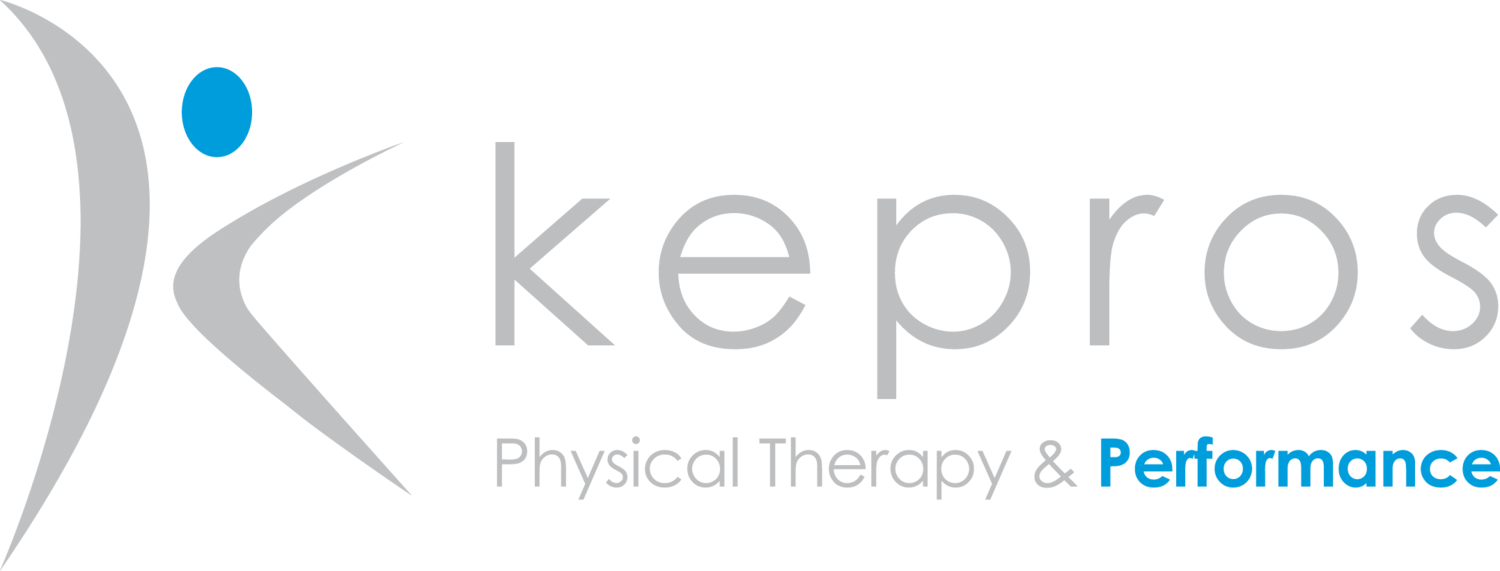What to expect in a pelvic floor physical therapy appointment
Renee Bullis, PT, DPT
Renee specializes in pelvic physical therapy, and treats women for a variety of issues related to pelvic health.
Maybe your doctor referred you to pelvic floor PT. Maybe one of your friends or family members recommended it. Maybe you Google searched your symptoms and pelvic floor PT came back as an option. Whatever the case may be, you are wondering exactly what to expect in that appointment, let alone what pelvic floor physical therapy can do for you.
A few weeks ago we shared a post about urinary incontinence in women and how pelvic floor PT can help, but pelvic floor physical therapy can be beneficial for women experiencing a variety of pelvic floor issues, including the following:
Pelvic pain
Pelvic organ prolapse
Musculoskeletal pain, posture changes, mechanics in pregnancy
Postpartum care
SI joint pain and pubic symphysis dysfunction
Constipation
Fecal incontinence
Overactive bladder
Overactive pelvic floor
Pain with intercourse
Bladder pain/Interstitial cystitis
Menopause-related pelvic floor concerns
If you are experiencing any symptoms not listed above but feel as if pelvic floor therapy may be an option for you, please reach out to us!
Your first visit to Kepros PT will primarily be a visit to chat about your symptoms, your concerns, and to begin the physical examination to establish a plan of care moving forward. Some of you may have heard that pelvic floor PT consists of an internal pelvic floor muscle exam. This is not normally done on the first day for a few of reasons: 1. Time; 2. We discuss what that entails and give you the option; 3. We want to establish a relationship with you and allow you to be comfortable with it first.
Some women think that with pelvic floor PT you have to do an internal exam , but that’s not the case. I never want anyone to be turned away from pelvic floor PT just due to fear or anxiety about the internal exam. I want you to tell me your concerns on the first day and know that we will only proceed with the internal pelvic floor exam if it seems medically necessary and with your consent.
Hip strength, core function, breathing patterns, movement patterns, and functional tasks (think sit to stand, squat, lifting, walking, running, etc.) will all eventually be assessed based on what information you tell us, when you notice your symptoms, and other parts of your medical history you provide. There is a lot we can look at, and we definitely don’t get through all of it on the first day. We weigh which pieces will give us the most information and proceed accordingly to begin your rehab program to start to get you feeling better.
There are several reasons why doing an internal pelvic floor exam can be beneficial and give us important information that will be used for your rehab program. Here are just a few of the main benefits from an internal pelvic floor exam:
Obtain an accurate assessment of pelvic floor muscle coordination and strength
Locate any trigger points that could be a referral source of pelvic, abdominal, back, or hip pain
Identify any compensation patterns that could be contributing to poor pelvic floor coordination or your symptoms
Assess if the core and pelvic floor work together (ideally they should!)
An internal pelvic floor exam is not like what you have done at your doctor’s or OB/GYN visit. There are no speculums and we don’t feel around for organs in your pelvic cavity. Since we are musculoskeletal specialists, we assess for muscle function like mentioned above. This is done with one gloved finger with lubrication in a private room where you are draped appropriately (no paper gowns!). Just like we would test shoulder strength and coordination, we will test pelvic floor strength and coordination, but the difference is the most accurate way to do that is intra-vaginally. Most women find this internal exam to be beneficial, but if at any point you feel uncomfortable or want to stop, that is always an option. Yes, it can give us great information, but there are other things we can do and assess to still work towards your goals.
If you have any other questions on how pelvic floor physical therapy may be beneficial to you, what to expect in a visit, or any other concerns, please reach out to us!
-Renee Bullis, PT, DPT
Questions? Contact us at 319.200-6102 or info@keprospt.com.

